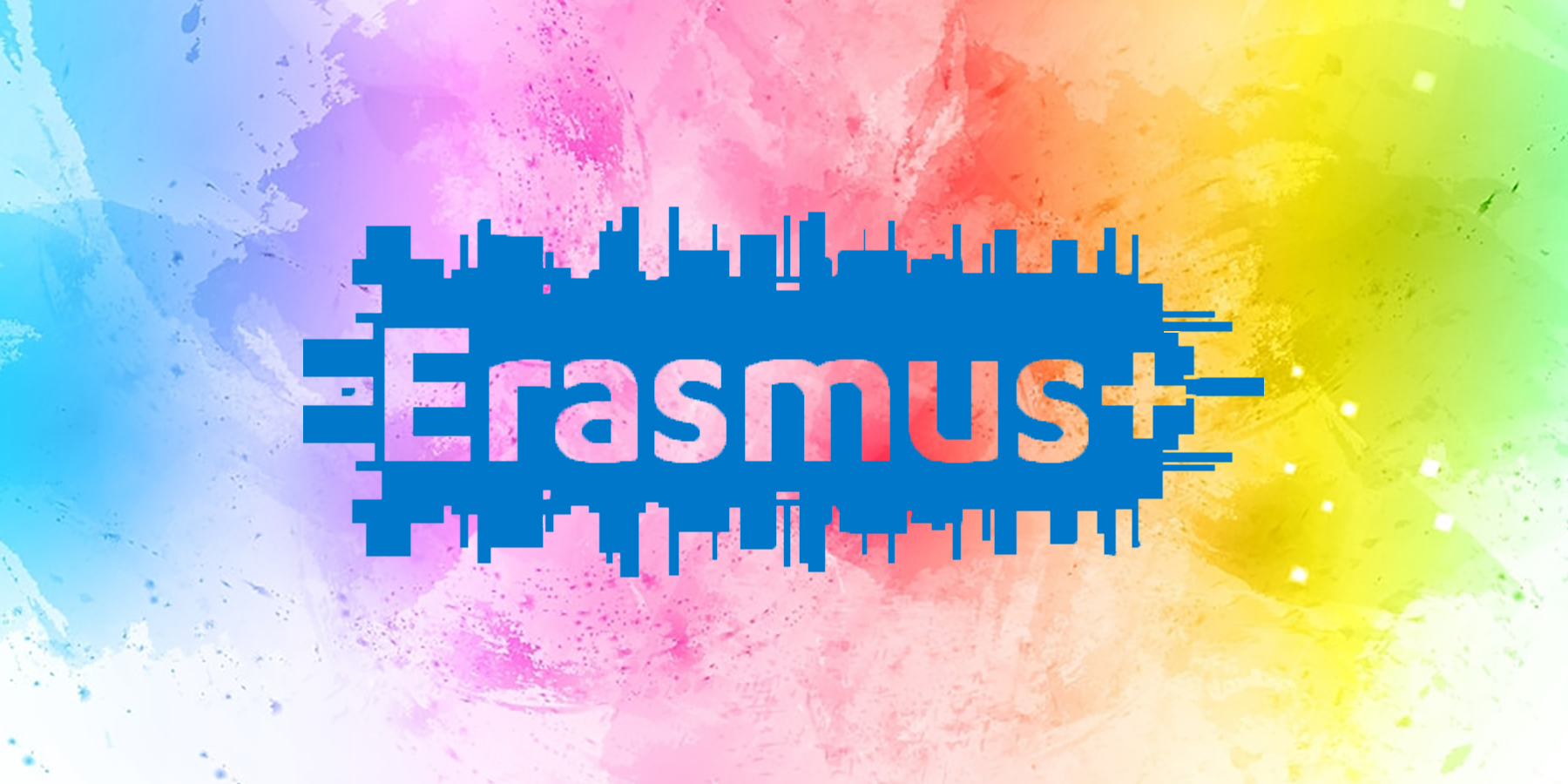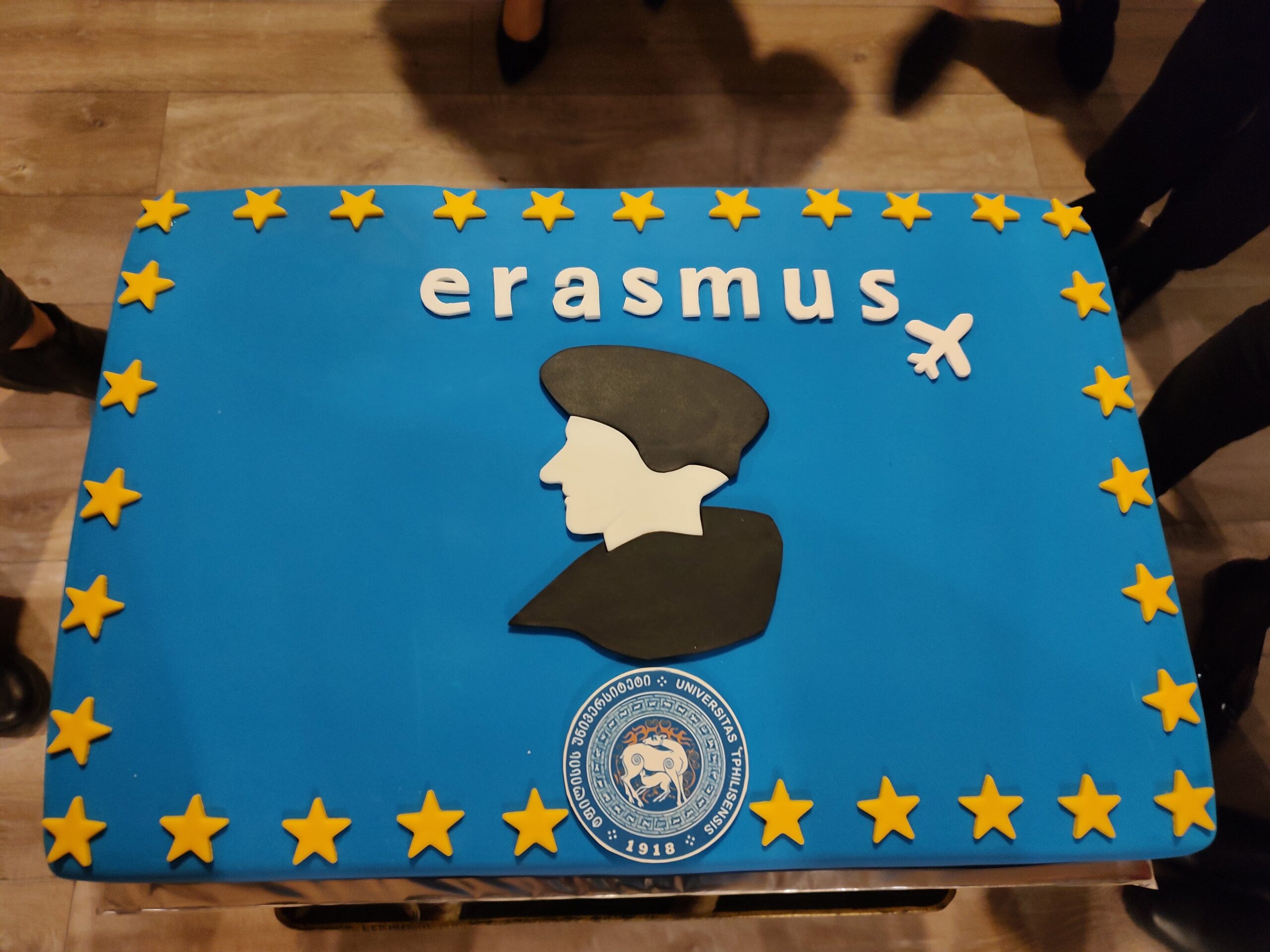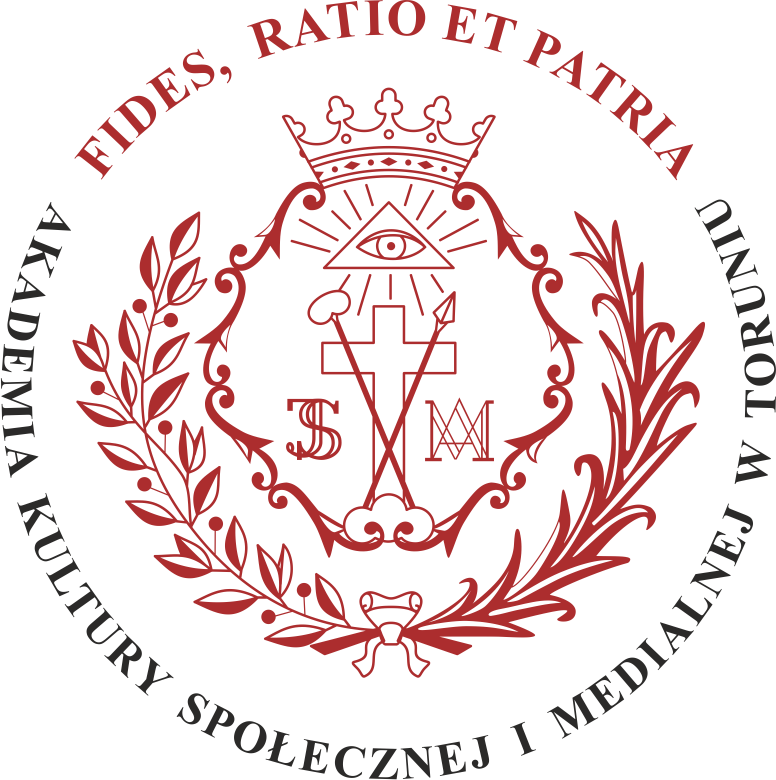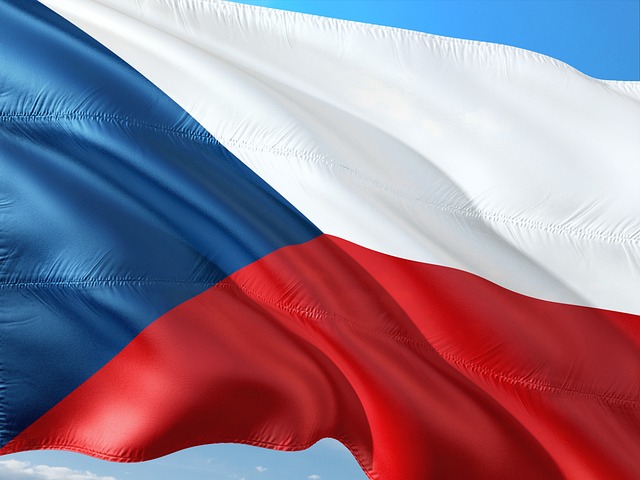#erasmus #mobile #mobility #international
The keyword is ‘blended mobility’. It is one of the main innovations of Erasmus +. Born in 2020 to deal with the coronavirus emergency and the stops to international travel, this opportunity has won confirmation in the field (and formal recognition) for the next seven years. Until it became one of its characterizing elements. Together with an increase in the budget and the bet on green, digital and inclusion as keywords of the exchange program, which since 1987 has involved 570 thousand university students and which also involves professors, workers and schools.
Among the other innovations of the 2021/27 program, the mixed mobility mentioned at the beginning stands out, which does not only mean combining lessons or internships in the presence and at a distance in an anti-Covid key (and waiting for any developments on the vaccine passport) but also to choose one 3-month blended intensive programs, with students and teachers from at least three different countries, with which to enrich the curriculum. Because, as the director general of the Italian Erasmus + Indire Agency, Flaminio Galli, points out, “the resources invested by Europe allow thousands of citizens to gain experience abroad every year, in order to learn languages and enrich their skills. It is no coincidence that the participants in the program are then facilitated in the labor market, managing to place themselves before and better than others. With the Erasmus + program, generations of European citizens are trained and ready for the challenges of a globalized society» (interview published on ‘Il Sole24ore’ on April 15 2021, credits to Il Sole24ore).
In this regard, for example, additional grants and advances are provided for those who do not have sufficient means to bear the initial costs of participation and an effective system of non-discrimination is also set up, which prevents applications from being rejected solely for reasons of higher costs linked to the implementation of the measures to guarantee inclusion. The new program includes new and wider initiatives, such as, for example: DiscoverEu, which provides for the possibility for young people to request a pass to travel free of charge in Europe for educational purposes; European universities, which allows you to graduate by carrying out periods of study in universities in various European countries; Centers of professional excellence, which aims to create ecosystems of skills that are decentralized at the local level and joint at the supranational level; and, finally, at a national level, Global Thesis, which allows young undergraduates to do research for their degree thesis in foreign universities.
From the impetus on mixed teaching, the new Program – which sees the minimum duration of mobility reduced from 3 to 2 months and confirmed instead to 12 the maximum – aims to gain both in social inclusion, since it will reduce travel costs and allow access to lower incomes, both in transition to digital. Also by strengthening existing platforms (eTwinning, School Education Gateway, European portal for young people). In a more “green” and sustainable guise. In addition to supplementing the scholarship of travelers who will leave by train rather than by plane, the large Erasmus + family welcomes in its arms (and among its funds) DiscoverEU: a train ticket with which today’s 18-year-olds can travel throughout Europe, like those of yesterday did with Interrail.










Join the discussion